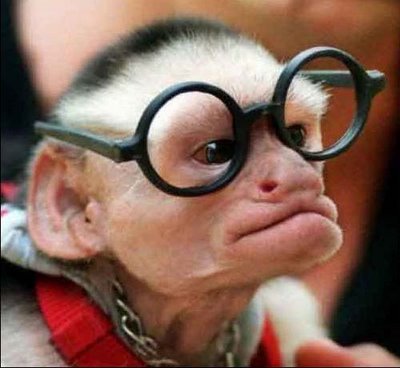Rascality, Porter-style.
Kris and I visited our friends Russ and Betsy last week. They fed us, entertained us, and kicked us out to sleep in a tent in their neighbor's gravelly driveway. It sounds bad, but it was actually quite posh--a five man tent with an inflatable mattress. Playing tug-of-war with their dachsund, Terry, was one highlight. Another was watching Russ jump into a not-quite-hygienic canal to fetch his frisbee.
On Sunday we were able to be with Russ and Bets for the blessing of their newest child, Reid. We feel grateful to have been there--and grateful for such loving, funny, talented friends.
Another highlight: while setting up our picnic at the park, an old guy interrupted his exercise stroll and approached us.
"Nice park, eh?" he said. (Murmurs and nods from around the picnic table.)
"You know what would make it nicer?" he asked. (Sadly, nobody did.)
"A public restroom," he announced. He paused, nodding, letting it sink in.
He then proceeded to tell us the history of the park and how obstinate the city council has been regarding this bathroom issue. He urged us to do our civic duty and call the representative and express our displeasure over the dismal bathroomlessness of the park. As he left, we all yelled "thanks", but I don't think anybody meant it.
After leaving the Andersons, we went to visit Kris' aunt and uncle in Santa Cruz. While we were there, we visited the Boardwalk. All I can remember from the last time I went to the Boardwalk is that I caught a little fish and wanted to keep it but it died on the way to my great-grandma's house in Oakland, so I tried to revive it in her toilet. I think I was five years old.
It was overcast the whole day, so all we did was walk around, go on one rollercoaster, and watch a circus put on by some Russians. When I hear the words "Russian Circus" I expect bears and wolves, mustaches and M.C. Hammer Pants, and vodka. Oh, I guess they had vodka. And a guy dressed up in a bear suit doing cartwheels. But, lamentably, in all other respects the Russian Circus is modernizing itself.
First of all, they had a clown, which I didn't expect, never having associated clowns with Russians. The poor clown. He spent about two minutes preparing for his elaborate vaudeville trick where he hung his hat and vest on a cane, which he balanced on his forehead. His goal was to let the cane drop and have the hat and vest slip right over him. There are few things more difficult to watch than a clown taking himself seriously and messing up repeatedly. Those few other things are pretty much comprised by the rest of the circus.
I hope the crowd didn't leave with the impression that all you need to start up a circus is to find a couple double-jointed girls, dress them up in embarrasing outfits, and find two guys that are able to lift the girls up while they do their bendy stuff. To be fair, I should mention that we didn't watch the whole thing. Maybe the wolves came out later.
Man, what a harsh reviewer I am. Here's an honest suggestion: If you guys ever come back to the Boardwalk, maybe you could dress the girls up in scuba gear, have them walk out of the surf and onto the stage, announce that, due to a rapid ascension, they have the "bends", and then let them do their bendy routine to "The Bends" by Radiohead. Good Russian humour. I totally would've laughed.









